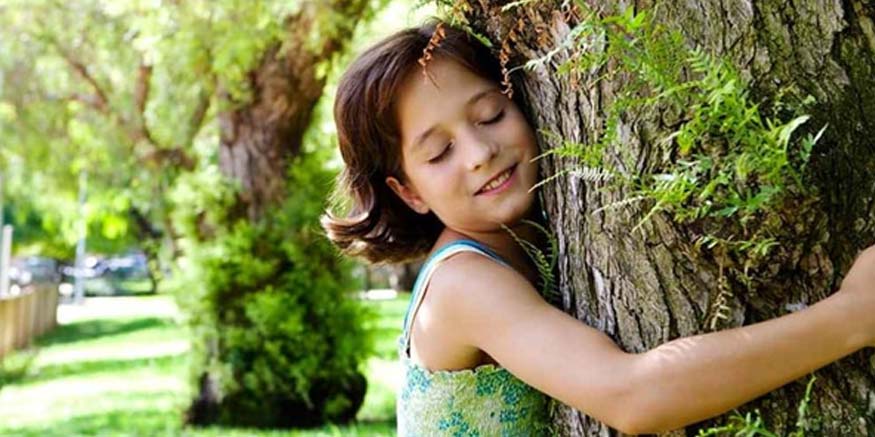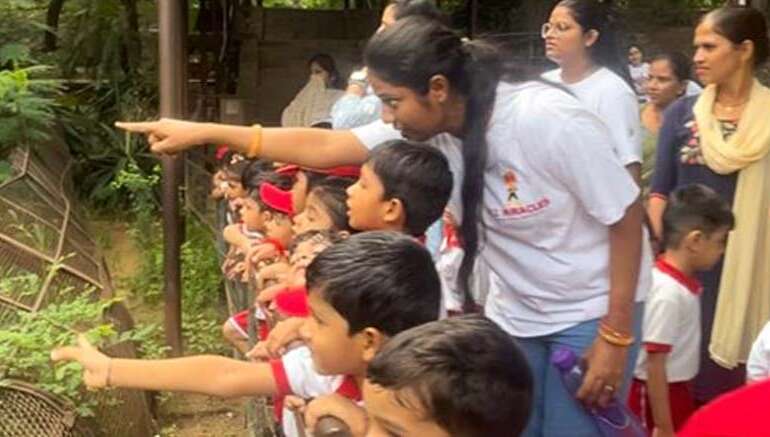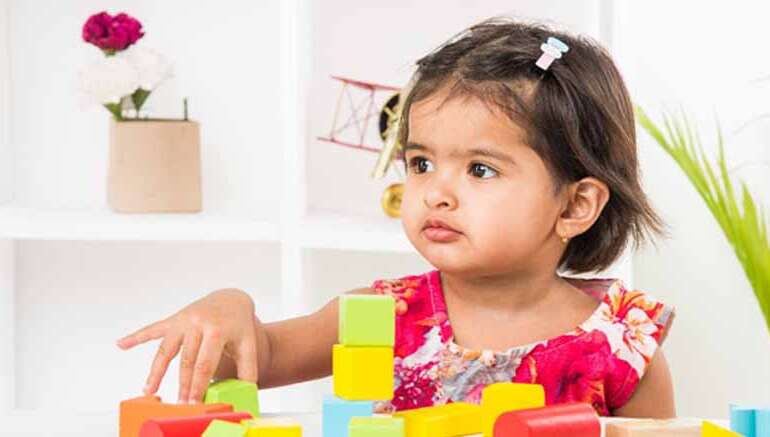Belongingness refers to the human emotional need to be an accepted member of a group, whether it’s family, friends, or any other social group. As a life skill, belongingness involves the ability to connect with others, form meaningful relationships, and contribute positively to a community. It encompasses feelings of being valued, accepted, and supported within a group.
Benefits of Developing Belongingness in Preschoolers
Emotional Well-being: Preschoolers who feel a sense of belonging are generally happier and more confident. They experience less anxiety and stress, which contributes to their overall emotional stability.
Social Development:
Developing a sense of belonging helps preschoolers build social skills. They learn to interact with others, share, take turns, and cooperate, which are essential skills for forming friendships and working in groups.
Self-Esteem:
When children feel they belong, their self-esteem is boosted. They feel valued and respected, which enhances their self-worth and encourages them to participate actively in group activities.
Cognitive Development:
A sense of belonging can positively impact cognitive development. Children are more likely to engage in learning activities, take risks, and explore new ideas when they feel secure and supported.
Behavioral Benefits:
Children who feel a strong sense of belonging are less likely to exhibit negative behaviors such as aggression or withdrawal. They tend to have better self-regulation and are more likely to follow rules and routines.
Resilience:
Belongingness fosters resilience in children. When they feel part of a supportive community, they are better equipped to cope with challenges and setbacks.
Cultural Understanding:
In diverse settings, belongingness helps children appreciate and respect differences. They learn to understand and value various cultures, backgrounds, and perspectives.
Long-term Benefits:
The skills and confidence gained from a sense of belonging in early childhood can have long-lasting effects. These children are more likely to develop into well-adjusted adults who contribute positively to society.
To foster a sense of belonging in preschoolers, it’s important to create inclusive, supportive, and engaging environments where every child feels valued and included. This can be achieved through activities that promote teamwork, open communication, and respect for diversity.
Riitu Sharma,
Co-Founder
Li’l Miracles International Preschool




